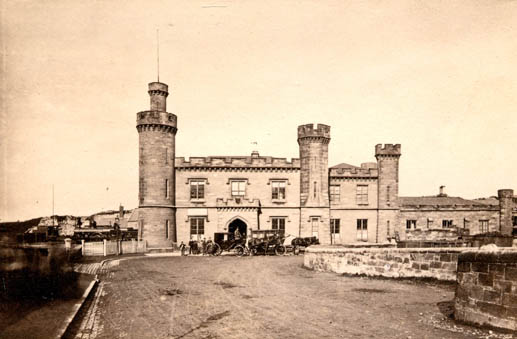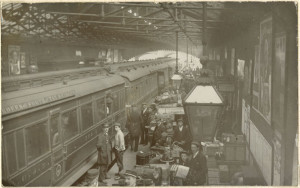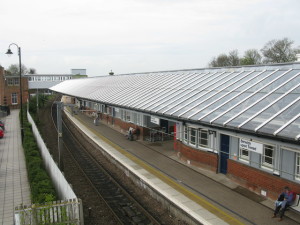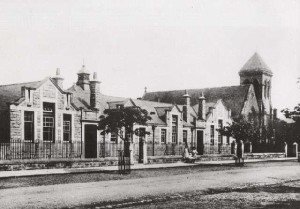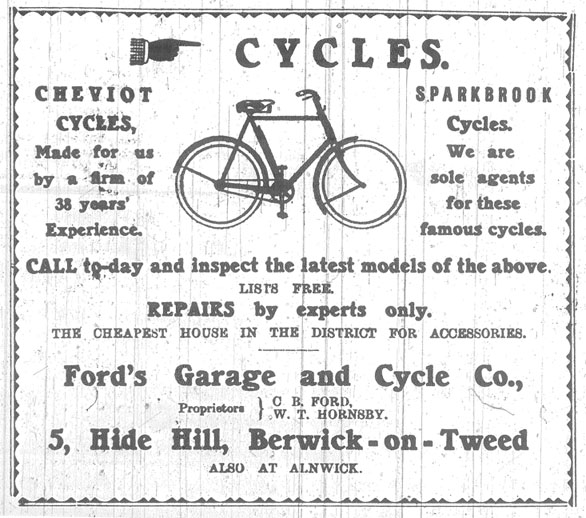Last week we posted a short article about the Ridley family of Park End, Tynedale. Today we will provide some further more information regarding the death of Captain Charles Noel Ridley of the Northumberland Yeomanry,
Charles Noel Ridley married Daphne Bewick in the September Quarter of 1907. By the 1911 census the couple had two daughters Nancy Daphne Ridley aged 2 years and Phyllis Evelyn Ridley who was just 3 months old. At this time the family were living at High Parkanse, Simonburn. Charles was recorded as living on ‘Private Means.’
Charles died of wounds received on 7th October 1915 and is referred to in ‘The History of the Northumberland (Hussars) Yeomanry, 1819 – 1919 with Supplement to 1923’ Edited by Howard Pease M.A., F.S.A. Printed by Constable & Co. Ltd. London 1924. On page 114 of the volume there is the following reference:
September 30th [1915] – Most unfortunately Captain C.N. Ridley was killed, and about fourteen other ranks were wounded, whilst burying about forty men just behind “Gun Trench”.

Charles Noel Ridley’s Medal Index Card is available to view on Ancestry.com. This record details that the Regimental Roll shows his ‘Disembarkation Date’ as 5th October 1914. He was killed just a year later on 7th October 1915. His medals were dispatched to Mrs D. Pringle of Doonbrae, Alloway, Ayr, on 20th May 1921.
The Commonwealth War Graves Commission confirms that Captain Ridley is buried at Lonuenesse (St Omer) Souvenir Cemetery, France. He was noted as the husband of Daphne Pringle (formerly Ridley), of Knorren, Brampton, Cumberland.
Following Charles Noel’s death Daphne re-married [December Quarter 1918] to Hall G Pringle. A search of the 1911 records that Hall was a Captain in the Royal Artillery aged 34 living in the Royal Military Academy, London Road, Camberley. I could not find Hall on any earlier census except 1881, where I found him living with his family in Cleethaugh, Edgerston, Roxburghshire. His father was David Pringle a Farmer of 6000 acres. Records of Hall Grant Pringle can be found on the internet for example he received the Military Order of Avis 2nd Class from the President of the Portuguese Republic on 10 October 1918, by this time he was known as Lieutenant Colonel Hall Grant, Royal Artillery, D.S.O. [Supplement to London Gazette]. He was also mentioned on 21 March 1896 as a Cadet of The Royal Military Academy promoted to 2nd Lieutenant [London Gazette]. A picture of him can be viewed on www.oldchinahands.org/military whilst he was serving in Peking, China 1900/1901.
This post was prepared by Paul Ternent, Northumberland At War Volunteer Manager.


